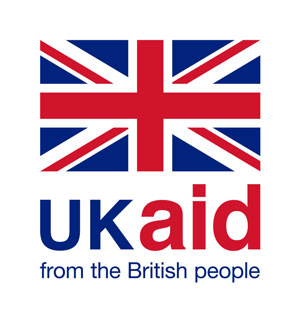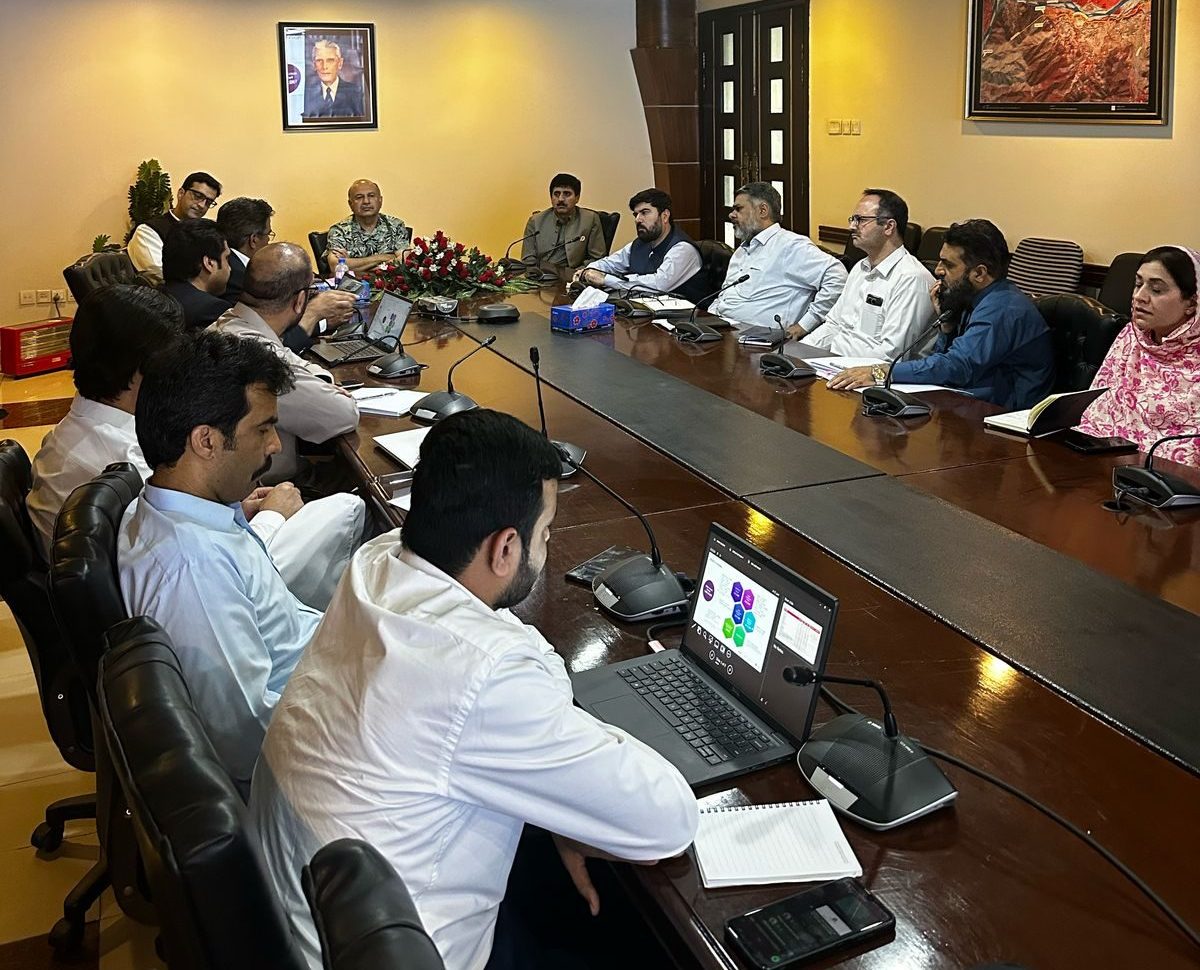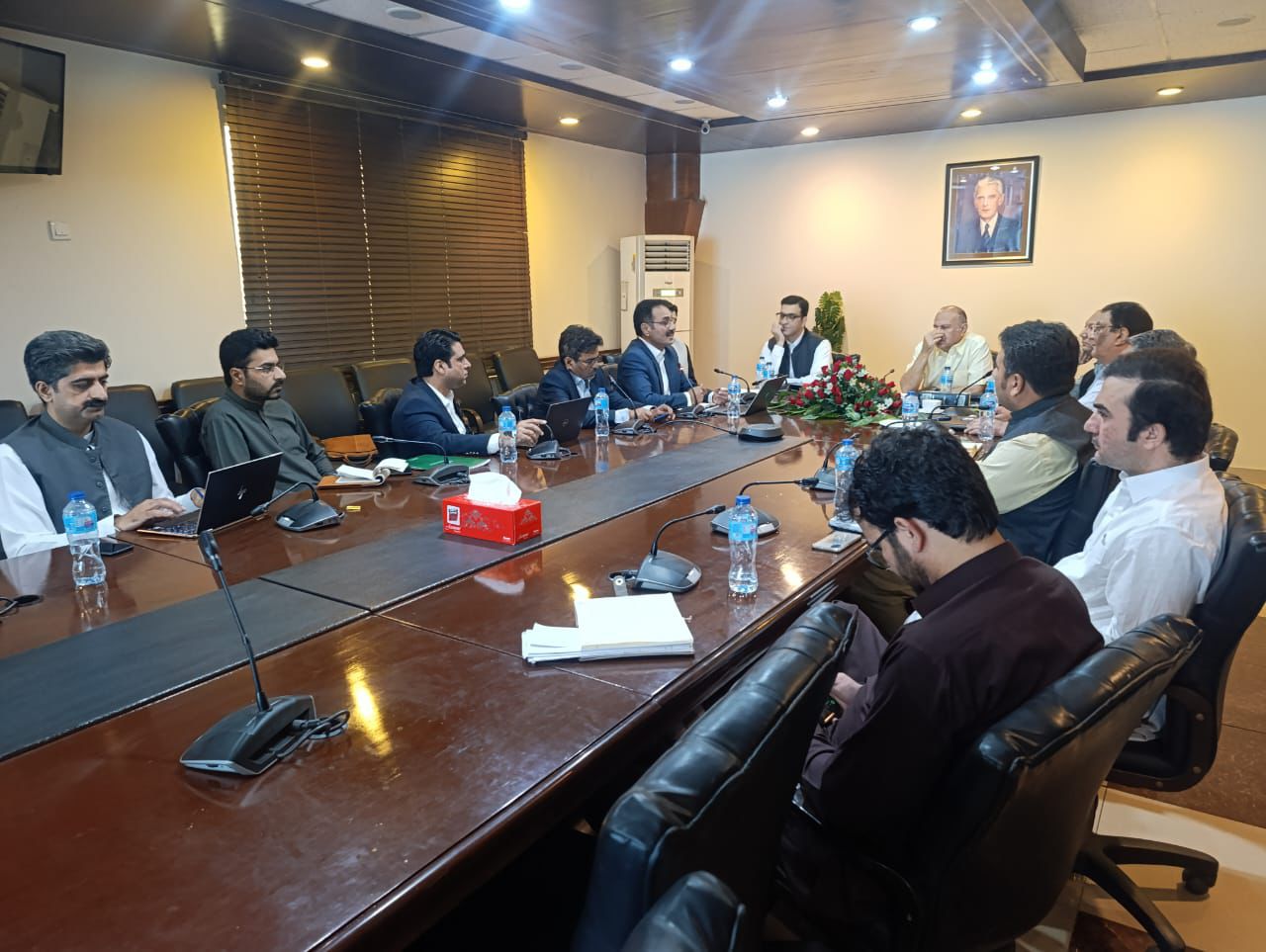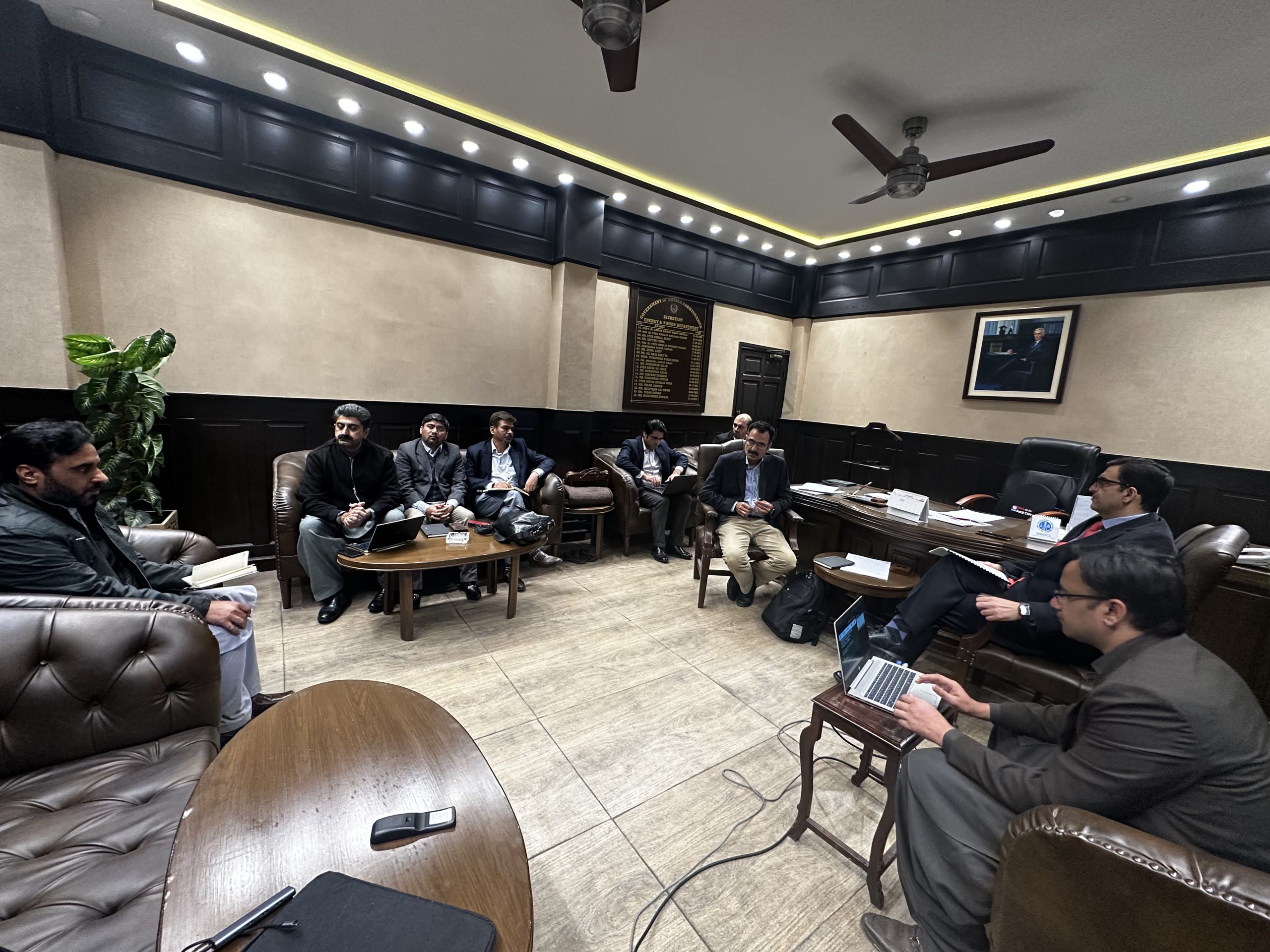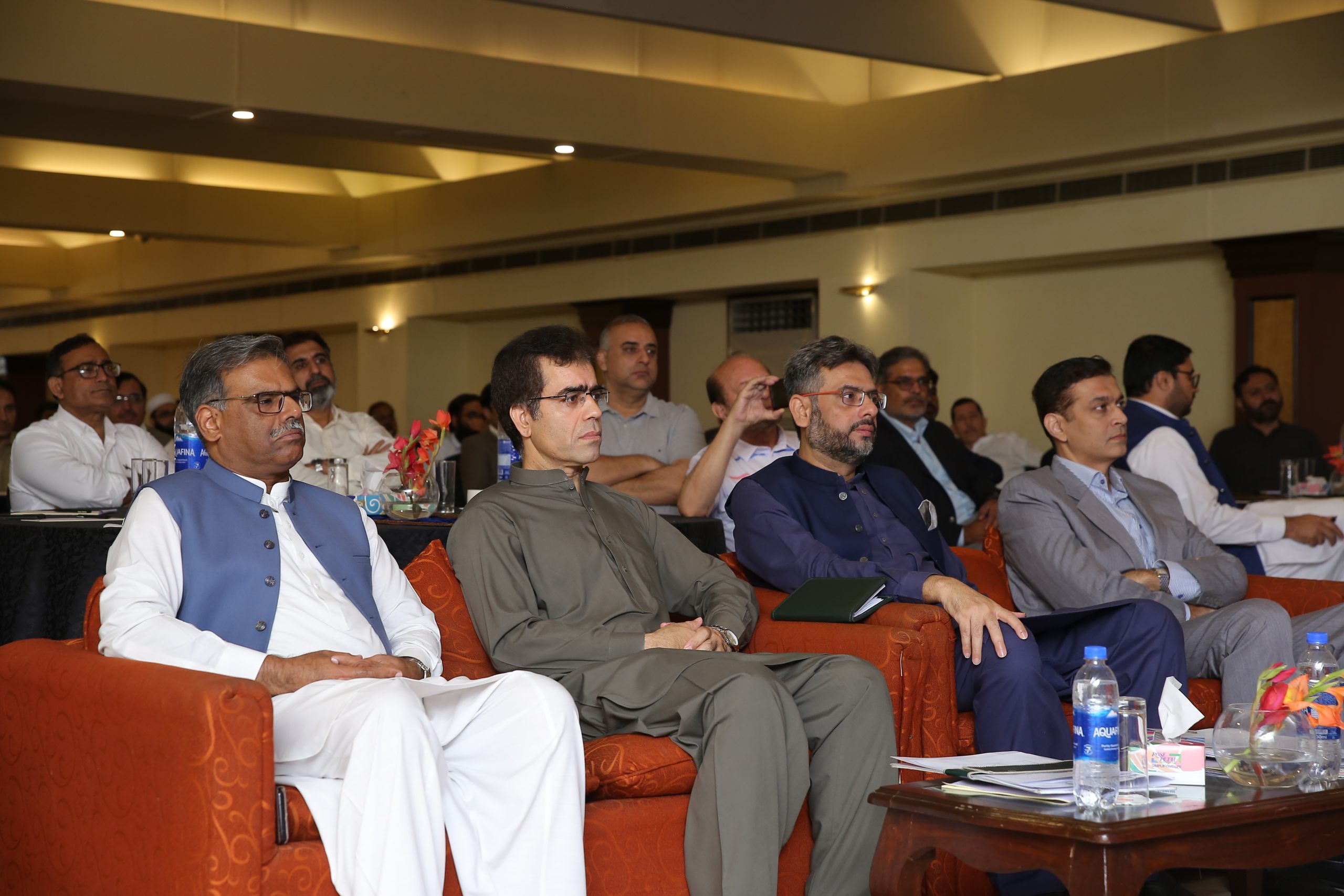PEDO’s Commercial Readiness
Business Plan: Strengthening PEDO’s Energy Investment Pipeline
SEED is helping the Pakhtunkhwa Energy Development Organization (PEDO) become commercially ready, which means that the organisation will be able to attract investment and successfully implement energy projects in a financially sustainable way in Khyber Pakhtunkhwa. By developing a clear business strategy and funding plan, this initiative supports PEDO in advancing energy projects that drive efficiency, independence, and economic growth. In 2021, PEDO’s first comprehensive Business Plan and Funding Strategy was approved by the Provincial Cabinet, marking a key milestone in its journey towards sustainable energy development. Building on this foundation, efforts are now underway to develop KP’s Energy Business Plan & Funding Strategy 2.0 (2025–30), ensuring it aligns with the province’s evolving energy needs and changing energy landscape at the national level. It will serve as a strategic roadmap to guide PEDO’s long-term sustainability, growth, and investment planning, supporting informed decision-making and positioning the province to capitalise on future opportunities.
SEED is helping the Pakhtunkhwa Energy Development Organization (PEDO) become commercially ready, which means that the organisation will be able to attract investment and successfully implement energy projects in a financially sustainable way in Khyber Pakhtunkhwa. By developing a clear business strategy and funding plan, this initiative supports PEDO in advancing energy projects that drive efficiency, independence, and economic growth. In 2021, PEDO’s first comprehensive Business Plan and Funding Strategy was approved by the Provincial Cabinet, marking a key milestone in its journey towards sustainable energy development. Building on this foundation, efforts are now underway to develop KP’s Energy Business Plan & Funding Strategy 2.0 (2025–30), ensuring it aligns with the province’s evolving energy needs and changing energy landscape at the national level. It will serve as a strategic roadmap to guide PEDO’s long-term sustainability, growth, and investment planning, supporting informed decision-making and positioning the province to capitalise on future opportunities.
SEED has been instrumental in shaping PEDO’s investment strategy, first by developing the original Business Plan and now by supporting its update and revision. SEED is helping PEDO identify viable energy projects, strengthen financial planning, and ensure long-term commercial readiness to attract sustainable investments.
Strengthening Energy Governance in KP: Pakhtunkhwa Energy Regulatory Commission (PERC)
Khyber Pakhtunkhwa is taking a major step toward energy independence by establishing the Pakhtunkhwa Energy Regulatory Commission (PERC). This new regulator will oversee electricity generation, transmission, and distribution within the province, ensuring efficient energy management, fair tariffs, and consumer protection. By regulating its own energy sector under the 18th Amendment, KP aims to attract private investment, integrate renewable energy, and build a more competitive and sustainable power market. With SEED’s support, work is underway to develop the legal, technical, and commercial foundations for PERC. SEED is helping draft regulatory frameworks for licensing, tariff setting, and compliance while also supporting the design of operational systems and capacity-building initiatives. Additionally, SEED is guiding the development of a financial strategy to ensure PERC’s long-term sustainability.
Khyber Pakhtunkhwa is taking a major step toward energy independence by establishing the Pakhtunkhwa Energy Regulatory Commission (PERC). This new regulator will oversee electricity generation, transmission, and distribution within the province, ensuring efficient energy management, fair tariffs, and consumer protection. By regulating its own energy sector under the 18th Amendment, KP aims to attract private investment, integrate renewable energy, and build a more competitive and sustainable power market. With SEED’s support, work is underway to develop the legal, technical, and commercial foundations for PERC. SEED is helping draft regulatory frameworks for licensing, tariff setting, and compliance while also supporting the design of operational systems and capacity-building initiatives. Additionally, SEED is guiding the development of a financial strategy to ensure PERC’s long-term sustainability.
PEDO Direct Supply Model: Affordable Clean Energy for KP’s Industries
Industries in Khyber Pakhtunkhwa are struggling with high electricity costs, making it harder to compete and forcing some to relocate. To tackle this, the Pakhtunkhwa Energy Development Organization (PEDO) is launching a direct supply model, providing affordable, uninterrupted hydropower to industries near its power plants. This initiative aims to lower costs, attract investment, and create jobs, helping drive economic growth while making better use of KP’s renewable energy resources. SEED has played a key role in assessing the feasibility of this model. SEED supported PEDO in engaging with steel, cement, and textile industries to understand energy needs and challenges such as land allocation, transmission networks, and regulatory approvals. SEED also outlined the steps needed to make this project viable, ensuring PEDO is equipped to move forward with implementation.
Industries in Khyber Pakhtunkhwa are struggling with high electricity costs, making it harder to compete and forcing some to relocate. To tackle this, the Pakhtunkhwa Energy Development Organization (PEDO) is launching a direct supply model, providing affordable, uninterrupted hydropower to industries near its power plants. This initiative aims to lower costs, attract investment, and create jobs, helping drive economic growth while making better use of KP’s renewable energy resources. SEED has played a key role in assessing the feasibility of this model. SEED supported PEDO in engaging with steel, cement, and textile industries to understand energy needs and challenges such as land allocation, transmission networks, and regulatory approvals. SEED also outlined the steps needed to make this project viable, ensuring PEDO is equipped to move forward with implementation.


